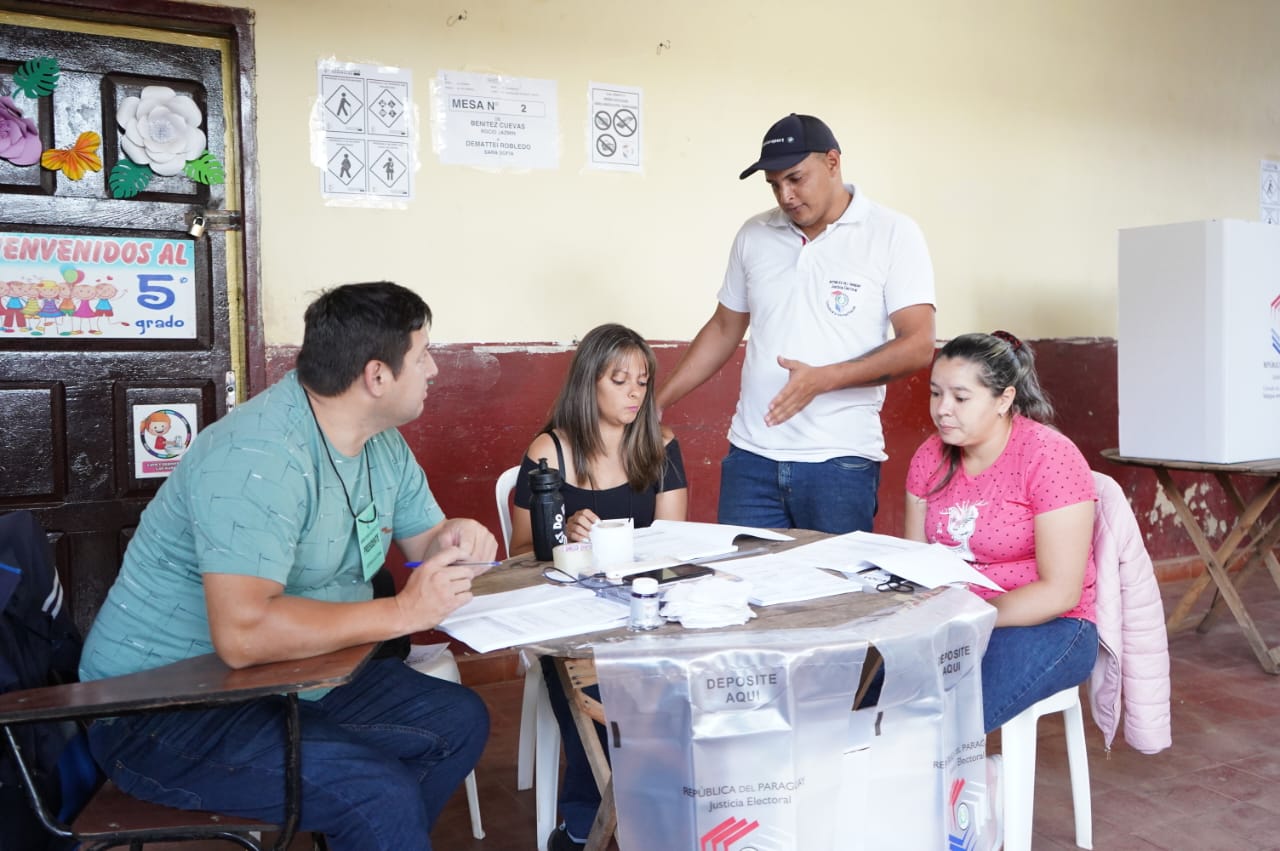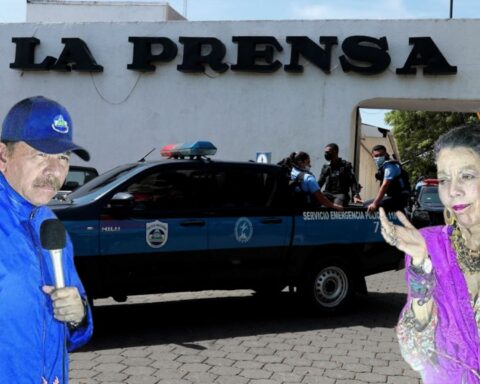During the first half of January 2023, seven femicides have been registered, of which five correspond to Nicaraguans living abroad, and two in Nicaragua. Feminist organizations warn that sexist violence “knows no borders” and that with the massive migration of compatriots, which marked 2022, cases of femicide, forced disappearances, and kidnappings of women tend to increase.
The case of the young Nicaraguan Anggy Díaz Rivera, 21 years old, the tragedy that this edge of the migratory crisis that Nicaragua is experiencing reflects. Anggy Díaz was beheaded by her husband, Jared James Dicus, in Waller County, Texas, United States, on January 11. Díaz, originally from El Viejo, Chinandega, had migrated in 2019 to financially support her family, especially her mother, who is fighting breast cancer, according to reports from various national media outlets.
The case has caused commotion among the Nicaraguan population and in the town, Magnolia, United States, where Díaz lived with her husband, whom she married three months ago. The man, also 21, confessed to the crime committed in the house, located in the backyard of his parents’ house, who notified the authorities. Waller County Sheriff Troy Guidry described the crime scene as “appalling.” For her part, the Díaz family raises money through a campaign of GoFundMe to repatriate the body of the victim.
On January 5, the first femicide victim of this 2023 was reported. Esther Damaris Martínez Alaniz, 34 years old. Her body was found in sugarcane fields in the Cuitanga Sur region, Chichigalpa. The Police presented Claudio Benjamín Martínez and José Esteban Morales as suspects in her crime, who allegedly intended to abuse her. Martínez, according to media related to the Government, harassed the woman, who always rejected him.
Between January 8 and 9, four Nicaraguan women were murdered, three in Costa Rica and one in Guatemala. Evelyn Fatima González Zeledón, 46 years old; María de los Ángeles Larios Sánchez, 46; María Auxiliadora López, 37, and Grethel de los Ángeles Guerrero Torres, 34, are the names of the victims.
The seventh femicide so far in January 2023 was notified this Friday the 13th. The body of Francisca Inés Estrella Vanegas was found, with signs of violence, in a pasture in the Calula community, in Cárdenas, Rivas. The forensic doctor determined that Estrella had her throat cut, said the pro-government Radio Ya.
The problem of femicides is an “alarming situation in Nicaragua and throughout Latin America,” warns “Lucía”, a member of feminist organizations, who agreed to speak under anonymity for security before the police state imposed in Nicaragua. She points out that as long as there are no sustainable strategies for the prevention and care of gender violence, there will be no progress in women’s rights, above all, being able to “live free of violence.”
During 2022, 69 femicides were registered and 110 women became survivors, according to the Voces observatory of Catholics for the Right to Decide (CDD).
Sexist violence increases in Nicaragua
Femicide cases have risen sharply since 2020, according to independent statistics provided by CDD and analyzed by CONFIDENTIAL. That year, 71 women were murdered, another 71 died in 2021, and in 2022 there was a slight decrease.
The situation is complicated in Nicaragua because the community fabric built by women’s organizations was affected by the cancellation of at least 130 NGOs that assisted victims of sexist violence in different areas of the country, and were closed by the Ortega regime in 2022. .
“Claudia” has worked with women victims of violence for decades. She assures that the women resent the absence of the NGOs, who were in charge of assisting them in the police complaint and in the route of justice. “There is a need for women to express the helplessness in which they are”, “they feel that there is no type of response and that they have no one to accompany them”, warned the defender.
For its part, the regime of Daniel Ortega and Rosario Murillo faces the increase in sexist violence with the distribution of information booklet “Women, Rights, Laws and Complaint Mechanisms for the prevention of femicide” and the opening of more women’s police stations, totaling 184 to date.
However, these actions are described by “Claudia” as “proselytism” and “press disclosure”, since the demand of women in the territories is attention and timely response so that men do not continue to exercise violence against them, she explained. .
“Claudia” has consulted with dozens of women if they know the content of the government primer, and they have all said no. This contrasts with the official discourse, which claims to maintain a massive disclosure of the document. The defender points out that feminist organizations do not envision a “favorable outlook for women” in 2023 because a climate of insecurity, economic, social, and political crisis persists, and the inability of government institutions to deal with their cases, as well as the release of thousands of common prisoners.
Migration makes women more vulnerable
Both feminists agree that the exodus that Nicaragua is experiencing, a product of the repression of the Ortega regime and the worsening of the economic crisis, exposes migrant women much more to being victims of sexist violence, and its most extreme expression: femicide. .
Migrants have gone through many risks to reach the United States and due to their irregular immigration status they have far fewer guarantees that their rights are fulfilled, including access to justice, said defender “Lucía.” “We are defenseless,” she stressed.
Between 2018 and 2022, 604,485 Nicaraguans have departed: about 100,000, between 2018 and 2019; 14,773 in 2020 -the year of the pandemic in which most countries closed their borders-; 161,269, in 2021; and 328,443 in 2022.








